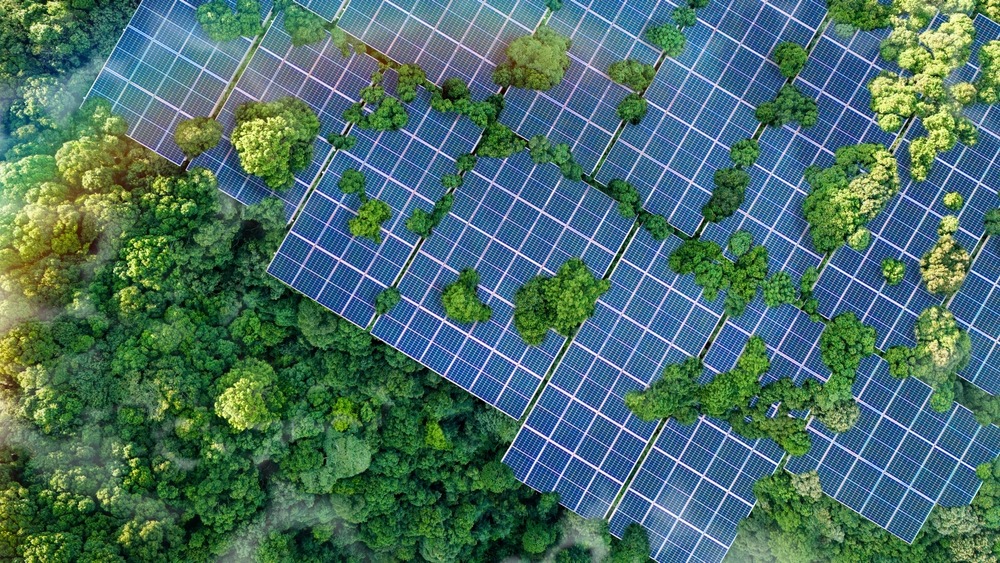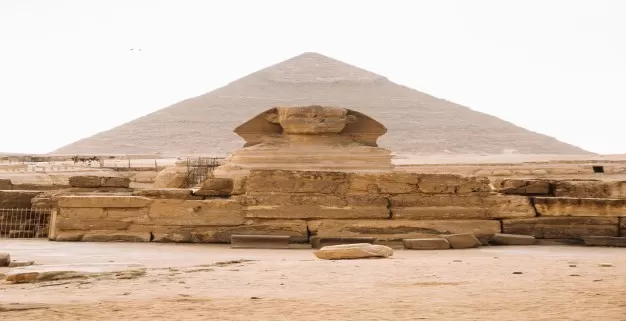
"Free Zones in Egypt
A free zone means a part of the State Territory located within its borders and governed by its administrative authority, and where the dealings are conducted in accordance with special customs and tax.
It is an investment regime whereby you can establish and operate your project under the umbrella of such Regulations, in accordance with the provisions of the new Investment Guarantees and Incentives Law 72 of 2017 and its Executive Regulations.
In general, there are several requirements to be met by the investor to establish their business under the free zones regulation. The most important of such requirements is the approval of the Authority on the project and the activity invested therein, under the Authority's declared policy and plans. However, all directed industrial activities are accepted for export abroad, as well as some related service activities.
Prohibited activities within the free zone:
- Oil processing; fertilizer industries;
- Iron and steel industries; Natural gas processing, liquidation and
transportation;4. Guns, ammunitions and explosives industries and any industries relating to national security;5. Liquor and alcohol industries; and
6. Energy-intensive industries.
- Advantages, Guarantees, and Exemptions Granted to Projects established in the free zones, as stipulated in the Investment Law 72 of 2017:
- Advantages:
1. Free transfer of invested capital and profits abroad;
2. Free selection of the field of investment and the legal form of projects;
3. Free pricing of products and profit margin;
4. No minimum or maximum limits for the invested capital (for public-free zone projects only);
5. No restrictions with regard to the nationality of the capital's owner, where a foreign investor can be the sole owner of the capital or can have any share in the investment (excluding projects set up in Sinai);
6. The ability to operate the investment for third parties, to maximize the advantage of the project's potential (under the rules adopted by GAFI in this regard);
7. Providing foreign investors with residency facilities; and
8. Granting foreign workers residence permits as requested by the project owner.
Guarantees:
1. Legal action may not be initiated against projects operating in free zones until GAFI is first notified. ֺ
2. Projects and establishments may not be nationalized or confiscated. ֺ
3. No sequestration may take place over projects according to administrative decisions, nor may their funds be seized, frozen, or confiscated by any other means except through judicial proceedings.
Exemptions:
1. All capital assets and production requirements for carrying out the project activities (excluding passenger cars) shall be exempt from customs duties, sales taxes and any other taxes throughout the project period, even if the nature of the activity requires temporary presence outside the free zone;
2. The project's exports and imports shall be exempt from customs duties and taxes, whether sales taxes or other taxes or fees are applicable within the State;
3. The project and profits shall not be subject to any taxation or customs laws or legislations in force in the State, throughout the project period. ֺ
4. Project imports and exports shall not be subject to customs procedures or regular importation rules applicable in the State;
5. Goods in transit, with a specified destination, shall be exempt from any fees imposed on goods in transit according to the following requirements:
− That the project falls under the custom office's jurisdiction;
−That the final destination of the goods is determined on the bill of lading and the invoice.
6. Local components of goods produced by free zone projects shall be exempt from customs duties, in case of sale in the local market (inside the country).
1. Patterns and Forms of Free Zones
1. Public-free Zones
Public-free Zones are such zones as designated for the establishment of industrial, service and storage investment projects. There are currently 9 public-free zones across Egypt, well equipped with the necessary facilities and infrastructure for the operation and execution of projects (roads - electricity - sewerage stations - water networks - telecommunications), in addition to an integrated customs unit, a police station for ports’ security maintenance, and a security unit in each zone, operating 24 hours a day.
- Investment areas shall be allocated based on an annual rent regulation where the rate is determined per square meter, depending on the type of activity of the project (US$ 5 for industrial activities – US$ 10 for service and storage activities).
- Activities shall be carried out within the free zones as per the license issued by the competent public-free zone board of directors.
Documentation Required to apply for establishing a project in the public-free zone:
1. Project establishment notice form to obtain the initial approval, accompanied by a photocopy of the national ID or passport of the partners and the powers of attorney issued by the partners of the project or the parent company;
2. For industrial projects or projects with objectives that include setting up an industrial activity, the application shall be accompanied by the following:
- An overview of how the required area will be used as per the activity type;
- A detailed description of the used machines and equipment, production lines, different stages of the industrial process, inputs and outputs, as well as a description of the final product;
- A schedule for completion of the construction phases, installation of production lines, and commencement of the industrial activity, as of the date of receiving the area;
- An undertaking to agree to be treated as a storage project, including all consequences thereof, in case the project does not meet the criteria of industrial activities;
- An undertaking to abide by all the information contained in the application for setting up the project, the schedule to start exercising the activity, as well as the detailed description of the stages of the industrial process, are to be attached to the application;
3. For a media public-free zone, initial approval shall be obtained from the infrastructure companies in the zone accredited by the competent authority to rent a studio, administrative premises or satellite hour.
License to Exercise Activities of a Public-Free Zone Project (Required Documents):
1. The company’s MoA, as per its legal form, on the ISC’s forms;
2. A copy of the decision authorizing incorporation, and the name and capacity of the legal representative;
3. A letter of guarantee, in the name of GAFI, as per the type of activity and the investment costs;
4. Copy of the commercial register, tax card and investment bulletin; and
5. A proof establishing payment of the balance of the usufruct fees for the area allocated to the project for the first year in advance.
Private Free Zones in Egypt:
These are unique entities that represent only one independent project or more than one project exercising similar activities, as required and based on the nature of the activities. Such entities shall be located outside the public-free zone vicinity, as per the economic aspects of the project, and the nature of its activities, which renders it essential to be located in specific places to benefit from the advantages offered by this site, in terms of proximity to raw material sources, production requirements, export markets or required labor, for integration with nearby projects, or due to proximity to a particular port or road.
The private free zone site may be owned or leased by the investor.
Documentation Required to Establish a Private Free Zone:
1. Application for the Establishment of a Private Free Zone:
2. Power of attorney issued by the founders to the founders’ proxy and ID document.
3. Statement of the proposed site, along with the approval of the competent authority with geographic jurisdiction over the site.
4. Schedule to start exercising the activity.
5. Security clearance for foreign partners (if any).
6. Certificate approving the company’s name (for joint-stock companies).
Documentation Required to Establish a Private Free Zone Project:
1. A copy of the approval on the project site, issued by the competent body with geographical jurisdiction over the site.
2. Technical committee’s recommendation, approving the establishment of the project.
3. A copy of the Cabinet’s decree, approving the establishment of a private free zone for one or more projects.
4. A copy of the decision of the concerned public-free zone’s board of directors approving the establishment of a private free zone for one or more projects.
5. A memo to the concerned public-free zone’s board of directors.
6. A copy of the updated certificate approving the company name (if any).
7. A copy of security clearance for foreign partners (if applicable).
8. Copies of the powers of attorney issued in favor of the founders’ proxy and their ID.
Documentation Required for obtaining a License to Practice an Activity for a Private Free Zone Project:
- A copy of the company's commercial register.
- Irrevocable financial guarantee, in the name of GAFI, as per the nature of the activity.
- A letter indicating the name of the company’s legal representative and his/her substitute in case of his absence.

 English
English
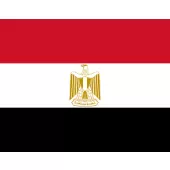 العربية
العربية
 中文语言
中文语言
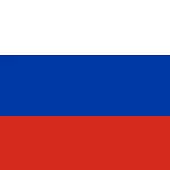 русский язык
русский язык
 Le français
Le français
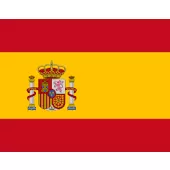 Española
Española

